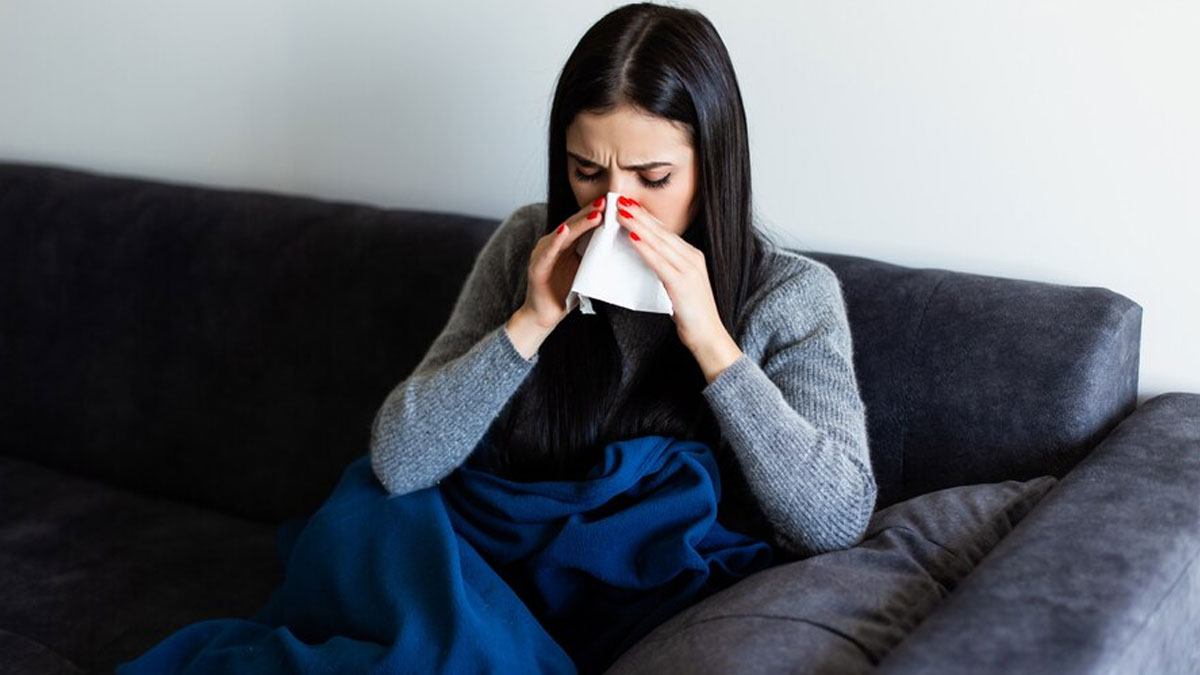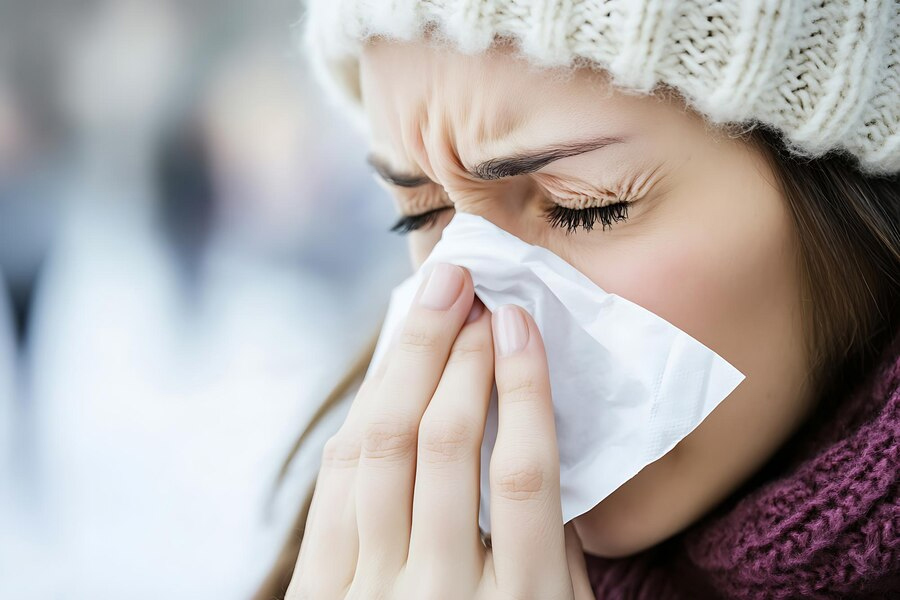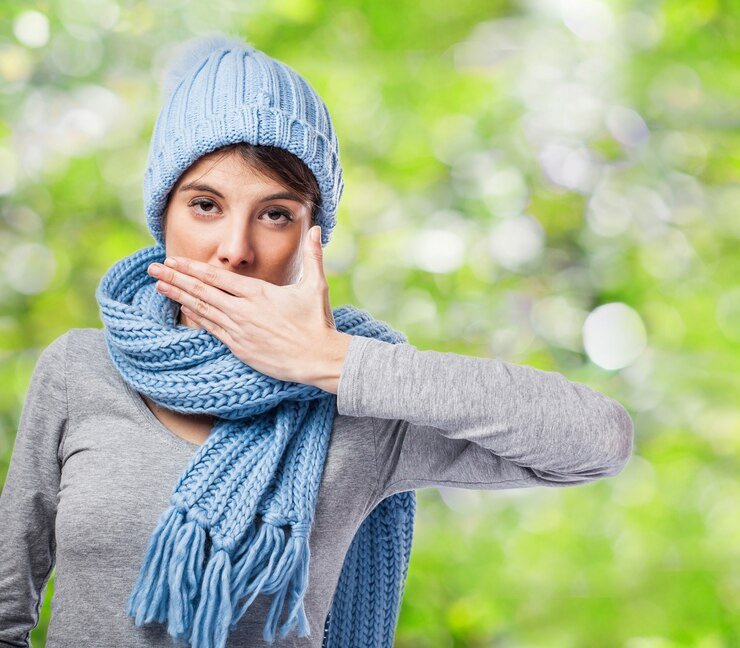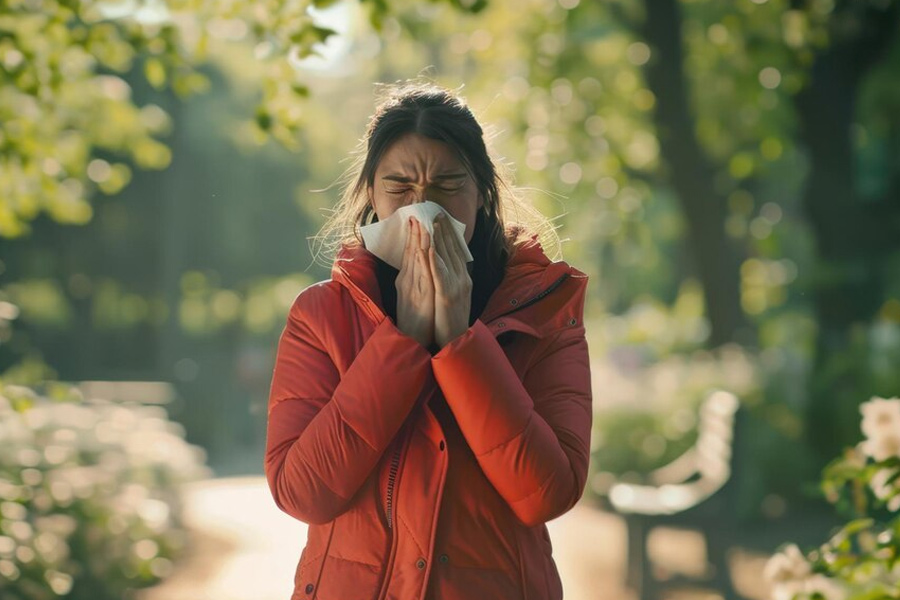
A runny nose, sore throat, or persistent cough can signal either an allergy or a cold, as both conditions affect the upper respiratory tract, which includes the nose, mouth, sinuses, and voice box. The primary function of this system is to bring air into the body and direct it toward the lungs. However, when exposed to external irritants, the upper respiratory tract may react with inflammation, whether due to an infection, in the case of a cold, or an allergic response.
Table of Content:-
But what if you already have an allergy? Can it cause or increase your risk of a cold? How can we tell the two apart, and what can we do to prevent the symptoms? If these questions keep crossing your mind, keep reading to find the answers.
Also Read: Dealing With Viral Fever Infections: Here Are Tips To Manage And Prevent Seasonal Flu
Allergy Versus Cold![]()
Differentiating between an allergy and a cold, Dr Sunil Rana, Associate Director and Head - Internal Medicine, Asian Hospital, Faridabad, says, "Colds are caused by your immune system responding to a virus, whereas seasonal allergies are caused by the immune system's reaction to allergens like pollen."
"Allergic rhinitis symptoms appear quickly upon exposure to a trigger, but typical cold symptoms do not appear until 2-3 days after viral contact," he tells OnlyMyHealth, adding that common cold symptoms normally subside on their own within 3-14 days; however, allergic rhinitis symptoms might last indefinitely if contact with the allergen is not reduced.
One may also experience body pain with a cold, while allergic rhinitis is more likely to cause itchy, watery eyes.
Can Allergies Lead To A Cold?![]()
While an allergy itself does not cause a cold, it can weaken your immune system, making you more susceptible to infections, says Dr Rana. This is because chronic allergic reactions, particularly those affecting the nasal passages, can increase your vulnerability to catching a cold by creating a more inflamed and irritated environment, which can become a breeding ground for infections.
Dr Rana says that the opposite can also be true, where certain viruses can overstimulate your immune system, causing allergies and asthma.
Symptoms Of Allergy That May Overlap With Cold Symptoms
As per the doctor, the major symptoms and frequency with which they arise distinguish between a cold and a seasonal allergy.
Some cold symptoms, such as a runny or stuffy nose and sneezing, are similar to those of allergies. But there are some differences—people with seasonal allergies, for example, seldom get a sore throat or cough. However, viral infections frequently induce these symptoms.
People with seasonal allergies seldom develop fevers, although those with a cold do.
Additionally, symptoms of a seasonal allergy include swollen eyes and black marks under your eyes.
Also Read: Allergies In Children: Expert Lists Common Triggers, Reactions, And Management Tips
Treatment Options![]()
Over-the-counter and prescription allergy treatments are additional options for treating your allergies. These might include:
- Antihistamine nasal sprays are quite effective and safe to use on a regular basis, although they might take several days to a week to take effect.
- Decongestants should be used with caution for treating allergies owing to the increased adverse effects and concerns about long-term usage.
- Asthma treatments include inhaled and oral bronchodilators, as well as inhaled steroids.
If you are unable to control your allergy symptoms with over-the-counter and prescription drugs and allergen avoidance, your healthcare practitioner may prescribe immunotherapy (allergy injections) and/or sublingual immunotherapy (allergy drops), says Dr Rana.
He also recommends nasal irrigation with saline, which involves a neti pot, a non-prescription device that delivers a saline (salt) solution into your nasal passages. It aids in the removal of mucus and allergens that become stuck in your nasal passages.
How To Prevent Allergies And Cold
Preventing and protecting yourself against colds and allergies involve various strategies.
Dr Rana says, “To manage allergies, avoid allergens, take prescribed medicines, and carry an epinephrine auto-injector for severe reactions. Track symptoms, wear a medical alert bracelet, and follow an emergency plan. To prevent colds and the flu, eat green vegetables, get enough vitamin D, exercise regularly, sleep well, avoid alcohol, manage stress, and drink green tea.”
He concludes by emphasising the importance of practising good hygiene by washing hands often, covering coughs, and disinfecting surfaces. Moreover, one must get a flu vaccine annually.
Also watch this video
How we keep this article up to date:
We work with experts and keep a close eye on the latest in health and wellness. Whenever there is a new research or helpful information, we update our articles with accurate and useful advice.
Current Version


